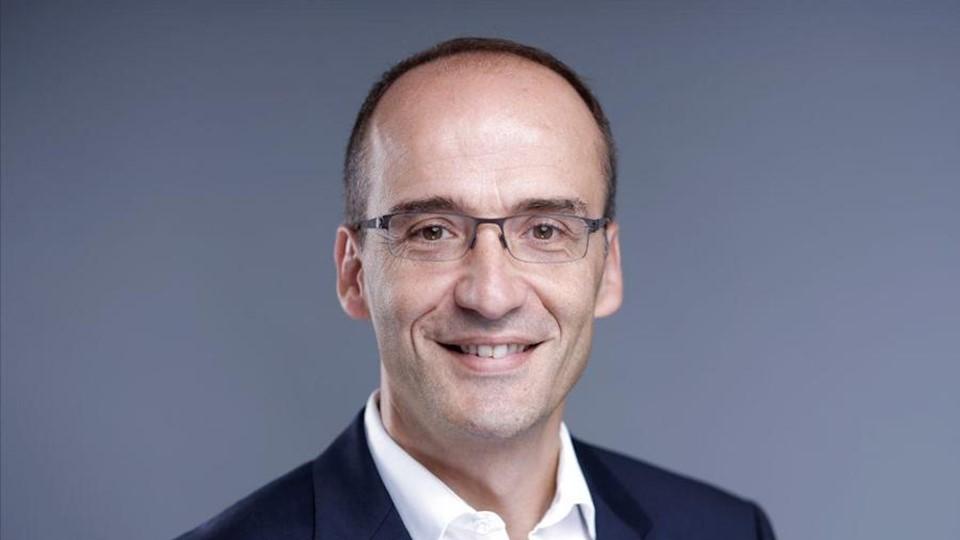Sanofi sets out plan to lead the RSV vaccine market

Sanofi is trailing behind GSK and Pfizer when it comes to vaccines for respiratory syncytial virus (RSV), but it still thinks it can be the top player in the market with a combination of its antibody Beyfortus and a pair of experimental vaccines.
RSV is a key part of its plans to more than double vaccine sales to €10 billion or more by 2030, according to Sanofi’s vaccines chief, Thomas Triomphe.
At a meeting to present its vaccines pipeline to investors today, the French pharma is highlighting the potential of Beyfortus (nirsevimab) for the protection of infants in their first RSV season, pointing to modelling data that suggests the antibody can prevent three times as many RSV events than a vaccine administered to the mother during pregnancy.
It will also present preliminary data on its SP0125 vaccine, billed as the first that is specifically designed to protect toddlers from the second RSV season onwards, and on SP0256 for older adults that will be a rival to GSK’s Arexvy and Pfizer’s Abrysvo, both recently approved by the FDA in this patient group.
Beyfortus was recommended for approval in the US by an FDA advisory committee earlier this month and should be ready for launch in time for the coming season, according to Sanofi. It has also been approved to date in the EU, GB, and Canada.
New data from the phase 3b, real-world HARMONIE study has confirmed the efficacy of Beyfortus in clinical trials, with an 83% reduction in RSV-related lower respiratory tract infection hospitalisations compared to no intervention.
Extrapolating that to a US-wide scenario, that level of efficacy would result in the prevention of more than 291,000 hospitalisations, doctor’s office, and emergency room visits, compared to around 90,000 for a maternal RSV vaccine.
Abrysvo is currently under FDA review as a maternal vaccine and is Beyfortus’ closest rival after GSK stopped the development of Arexvy in this setting.
SP0125, meanwhile, is an intranasal, live-attenuated RSV vaccine designed to inhibit the virus at the point of entry that, when combined with Beyfortus, would provide continuous protection across multiple RSV seasons. First data from a phase 1/2 trial shows placebo-like tolerability and a 93% antibody response with two doses, according to Sanofi.
Finally, while SP0256 is lagging well behind its rivals in the older adults category, Sanofi has a plan to make it a ‘backbone’ of a combination respiratory vaccine that could include other components such as human metapneumovirus and parainfluenza virus.
The drugmaker will also showcase new data with a 21-valent pneumococcal vaccine developed in collaboration with SK Biosciences that is due to start phase 3 testing next year and could compete with Pfizer’s Prevnar franchise and Merck & Co’s Vaxneuvance, mRNA-based candidates for influenza and acne, and a shot for chlamydia.
“The pace of our innovation is buoyed both by a sense of urgency to address existing public health needs at multiple stages in life, and by our continued transformation as a company that simply won’t accept 'good enough',” said Triomphe.













